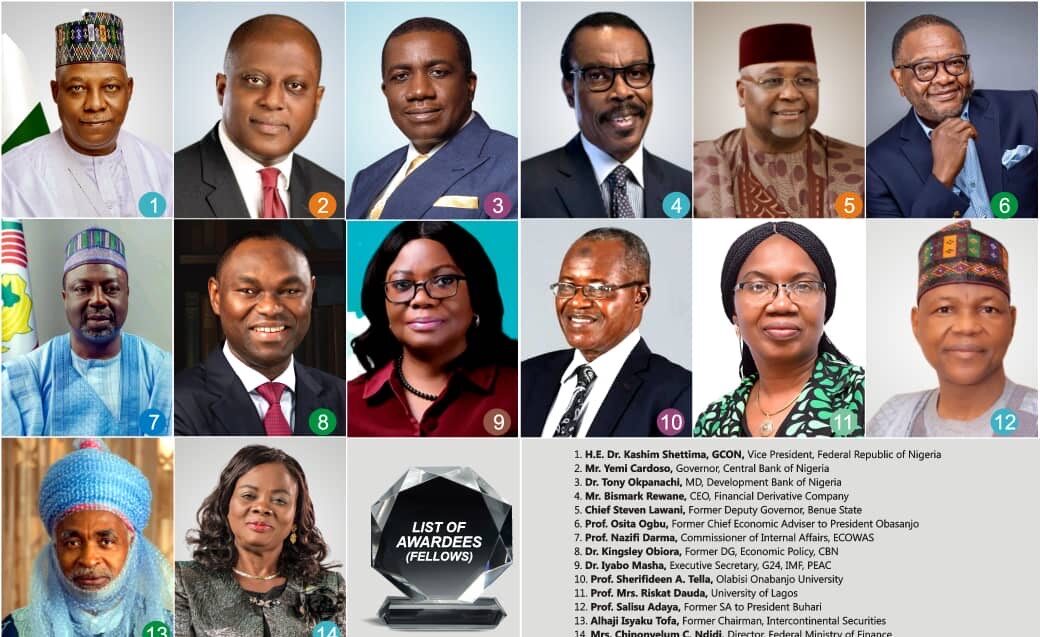Jani Ibrahim pays special tribute to one of Nigeria’s most remarkable sons, AlhajiAminuDantata, who passed away on June 28, 2025, at the age of 94
Today, we bid farewell to one of Nigeria’s most remarkable sons, AlhajiAminuDantata, who passed away on June 28, 2025, at the age of 94. His death marks the end of an extraordinary chapter in Nigerian business history and the conclusion of a life that spanned nearly a century of transformative change in our beloved nation.
Born into the illustrious Dantata merchant dynasty on May 19, 1931, in Kano, Aminu was destined for greatness. As the son of the legendary AlhassanDantata, one of West Africa’s wealthiest men, he inherited not just material wealth, but a profound understanding of commerce, integrity, and service to humanity. Yet what makes his story truly remarkable is how he took this inheritance and multiplied it beyond imagination, creating a business empire that would span multiple generations and sectors.
When Aminu assumed leadership of the family business at just 29 years old following his brother’s death in 1960, few could have predicted the extraordinary transformation that would follow. Under his stewardship, what began as a traditional trading company evolved into the modern Dantata Organization—a sprawling conglomerate that touched every aspect of Nigerian economic life.
His vision extended far beyond profit margins. Through AlhassanDantata and Sons Group, he helped build the physical infrastructure of our nation—from the Nigerian Defence Academy in Kaduna to extensions at Ahmadu Bello University. His companies didn’t just construct buildings; they constructed the foundation of modern Nigeria.
AminuDantata was never content to simply keep the status quo. As a pioneer in Nigeria’s oil and gas sector through Express Petroleum & Gas Company Ltd, he demonstrated the foresight to position his business at the heart of Nigeria’s emerging petroleum economy. His role in establishing Jaiz Bank, Nigeria’s first Islamic bank, showed his commitment to creating financial institutions that reflected our cultural values while serving modern economic needs.
His international perspective, gained through extensive travels that took him to every corner of the world by the 1950s and 1960s, gave him unique insights into global business practices. Yet he never lost sight of his Nigerian roots or his responsibility to contribute to his homeland’s development.
Perhaps most remarkably, AminuDantata’s greatest legacy lies not in the businesses he built, but in the lives he quietly transformed through his philanthropy. Without fanfare or publicity, he funded schools, hospitals, mosques, and countless social welfare programmes across Northern Nigeria and beyond.
His ₦50 million donation to Girls Secondary School in Dala, complete with toilets and boreholes, exemplified his practical approach to giving—addressing real needs with tangible solutions. The AlhassanDantataHaemodialysis Center at Aminu Kano Teaching Hospital stands as a testament to his commitment to healthcare, saving countless lives for generations to come.
Even in his final years, his generosity never wavered. His ₦1.5 billion donation for Maiduguri flood victims in 2025 showed that his compassionate heart beat strong until the very end.
In his later years, AminuDantata evolved from businessman to philosopher, sharing wisdom gained from nine decades of life. His concerns about moral decline among Nigerian youth and his advocacy for combining Islamic and Western education reflected a deep understanding of the challenges facing our society.
His philosophical reflections on life, morality, and Nigeria’s development revealed a man who had not only witnessed history but had learned profound lessons from it. His observations about Western economic development using African resources showed his sophisticated understanding of global economic dynamics and his desire for true African economic independence.
AminuDantata’s life represented a remarkable bridge between Nigeria’s traditional past and its modern future. He kept deep Islamic values while embracing global perspectives. He honored traditional merchant customs while pioneering modern corporate practices. He respected the wisdom of elders while nurturing the ambitions of the young.
His role as uncle to AlikoDangote, Africa’s richest man, symbolises how his influence extended beyond his own enterprises to shape an entire generation of Nigerian business leaders. The Dantata name became synonymous not just with wealth, but with integrity, vision, and service.
Until his departure, AminuDantata remained focused on building a great future for Nigeria. His plans to reopen Fine Text Textile Company and cultivate thousands of hectares for agricultural production showed a man who never stopped believing in Nigeria’s potential. His optimism was infectious, inspiring all who knew him to see possibilities where others saw only challenges.
As we mourn the passing of this giant among men, we celebrate a life extraordinarily well-lived. AminuDantata leaves behind more than just a business empire—he leaves a blueprint for how to live with purpose, integrity, and unwavering commitment to the betterment of society.
He showed us that true wealth is not measured merely in material terms, but in the positive impact one has on others. He showed that business success and moral integrity are not contradictory but complementary. He proved that one person, guided by strong values and unlimited vision, can indeed change the world.
To his beloved family, especially his children and grandchildren who carry forward the Dantata legacy, we offer our deepest condolences. Your patriarch’s life was a masterclass in excellence, and his memory will forever inspire future generations of Nigerians to dream big, work hard, and give generously.
As AlhajiAminuDantata joins his ancestors, we pray that Allah grants him eternal rest in AljannahFirdaus. His 94 years on earth were a gift to Nigeria and to humanity. Though his physical presence is no more, his spirit lives on in every school he built, every hospital he funded, every business he nurtured, and every life he touched.
Inna lillahiwainnailayhiraji’un – “Truly we belong to Allah, and truly to Him we shall return.”
Rest in perfect peace, AlhajiAminuDantata. Your legacy is eternal, your impact immeasurable, and your memory forever blessed.
*Jani is the President, Nigerian Association of Chambers of Commerce, Industry, Mines and Agriculture.


